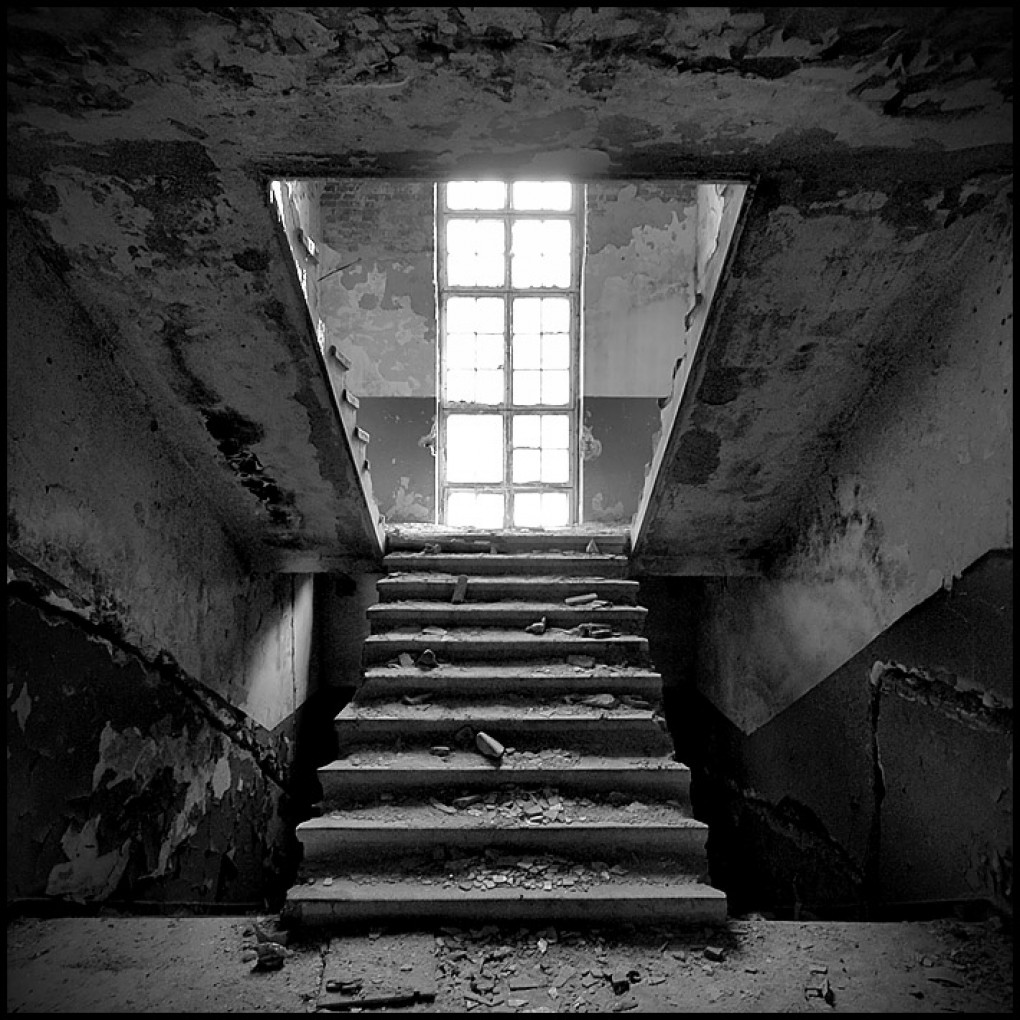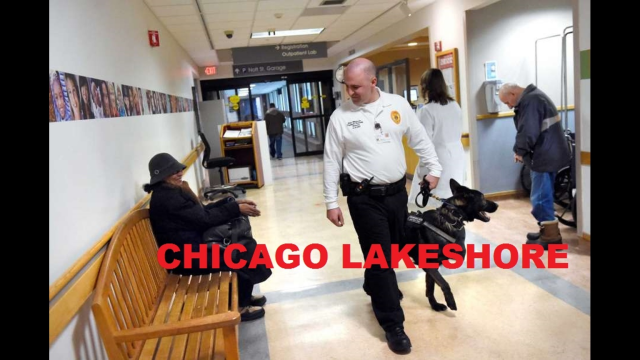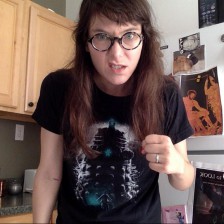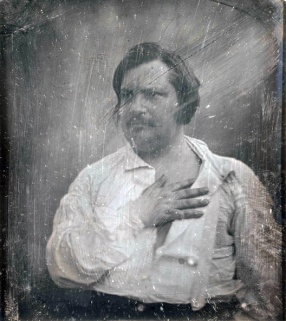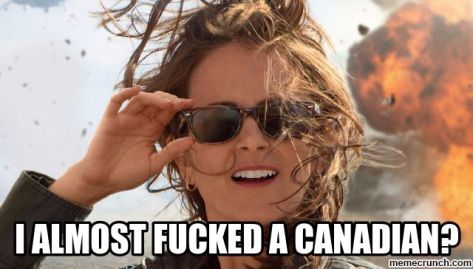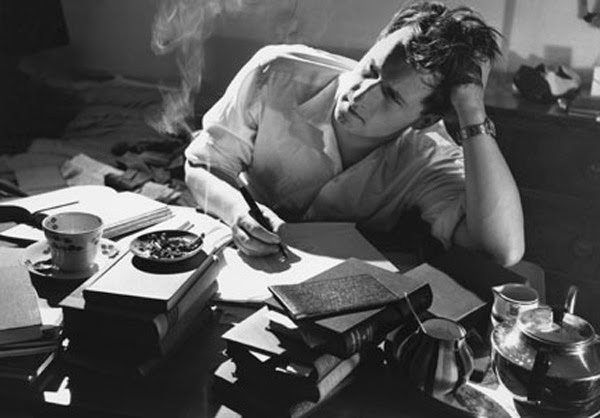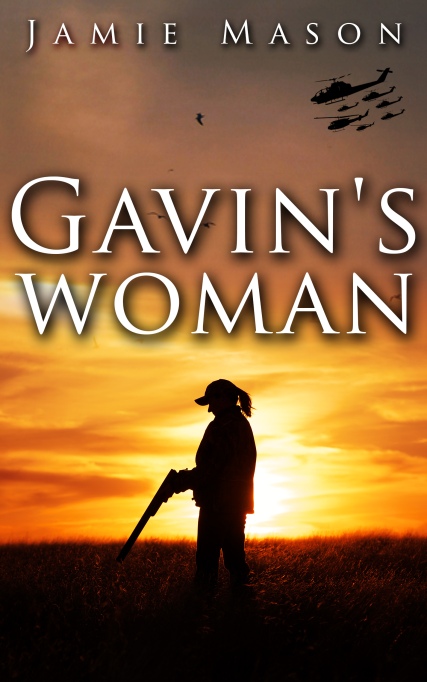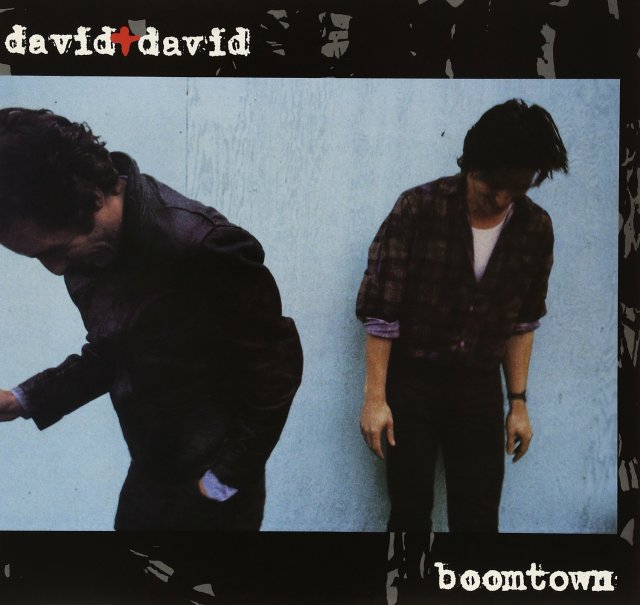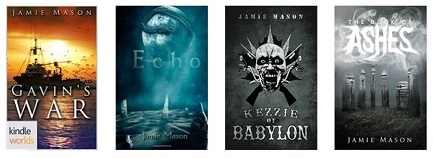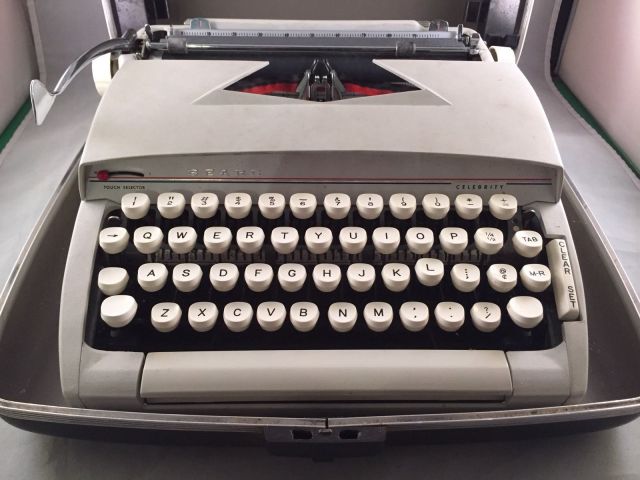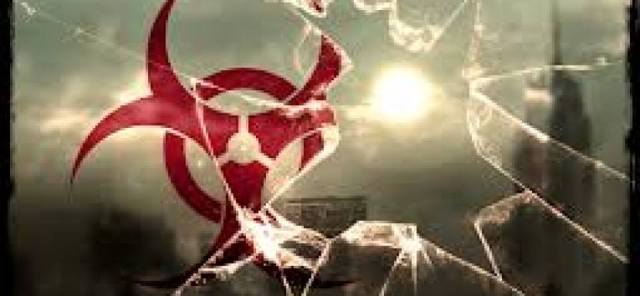A small thermonuclear explosion detonated at the River Rock pub in Duncan last night. A collection of extraordinarily gifted musicians gathered and, in the space of a few hours, performed in cohesive bands, exploded and re-coalesced into new groupings, sang, jammed, riffed and generally blew the roof off the joint. It was a rambunctious night of energy and superb entertainment. Rarely in recent memory has such a stellar collection of talent converged on the Trans-Canada Highway. The level of musicianship displayed by local virtuosos was nothing short of extraordinary and had at least one aging rock journalist wondering where the hell the stringers for Rolling Stone were hiding, because last night saw some truly great performances.
Screw “Drunken Duncan.” Last night, it was “Rocking Duncan”.
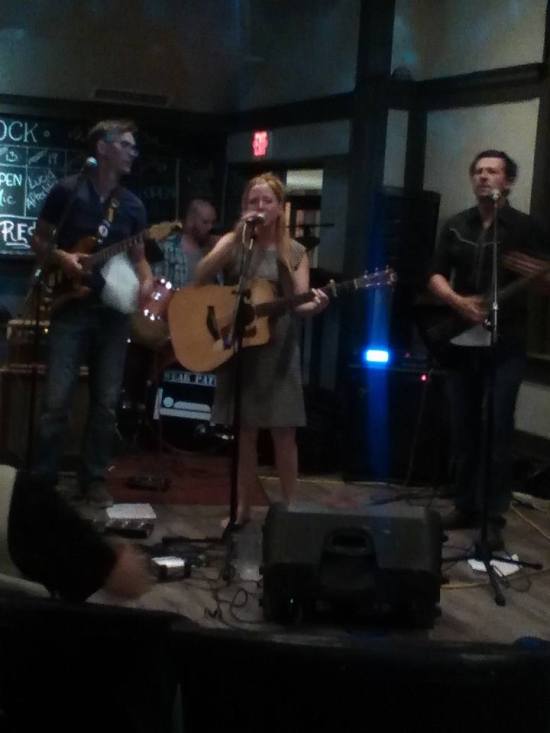
- Thank Helen, River Rock pub, Duncan BC – 5 Aug 2016
First up was Thank Helen, a cow-punk thrash unit from Courtney with surprising melodic range. Fronted by the dynamic Tracey Nolan, Thank Helen found its footing within a song or two. By “Pay the Rent”, they were mesmerizing us with lively renderings of good, solid songs, tightly arranged. Thank Helen is a band to reckon with – a deadly combo of guitarist Jamie Nolan, bassist Caleb Kennedy and drummer Dekan Delaney in a solid polyrhythmic triad kicked into overdrive by the commanding Tracey. Harmonies and beat combined to raise their show to atmospheric levels and by the end of their set, at “Freeway”, nobody wanted to let go.
A lull was filled when a young man took the stage with an acoustic guitar. I was gathering my notes and not expecting much when Colton Mann, 20, abruptly launched into some of the most solid improvisational acoustic work I have heard in years. Later joined by Underdogs percussionist Marcus, Mann unleashed a soaring acoustic version of Jimi Hendrix’s “Little Wing” that was nothing short of breathtaking. By the end of it all, you could hear a pin drop in that crowded bar. Watch this young man: if he develops to even half of his potential, he will conquer hearts and minds. And worlds.
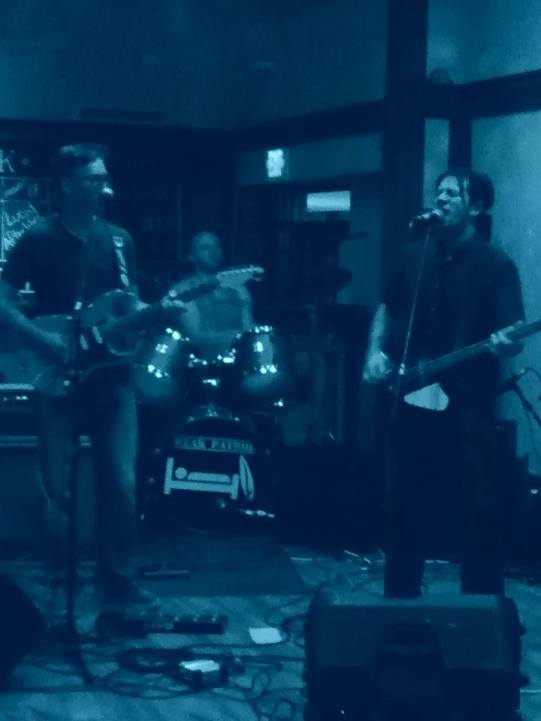
Weak Patrol, tearing it up.
Briefly assuming Thank Helen had reassembled onstage, I was surprised to learn that their core instrumental group, absent Tracey, performs a combo unto itself. Weak Patrol, a classic rock power trio, is half Beck, Bogart & Appice and half Rush after they’ve been stiffed playing a gig at a curling arena in Edmonton: cold, angry and precise. This trio wound between hypnotic pseudo-reggae rhythms and soaring, poly-instrumental arrangements reminiscent of Yes. These three, no matter what they decide to play – or when – will scoop the field. Some old school rock trio power happening here: good, good stuff.
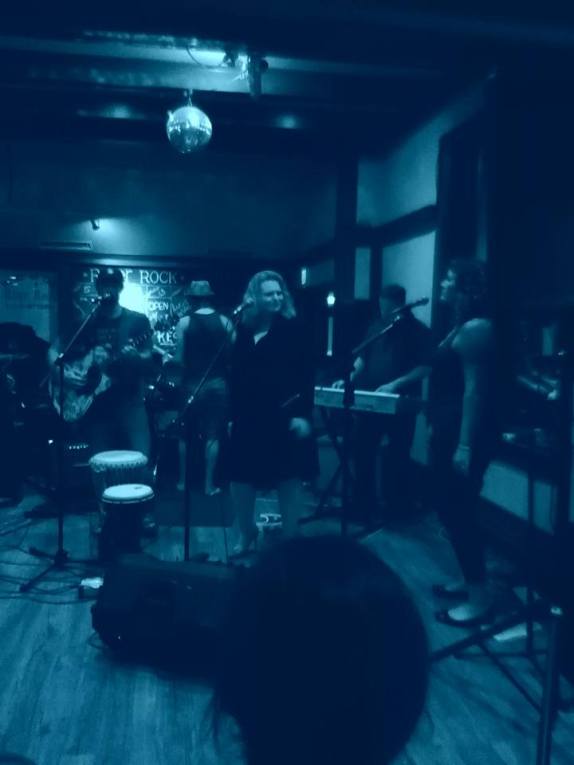
The Underdogs
With 1 AM beckoning and a deadline looming, I left the bar as the Underdogs were pulsing into the second soulful phase of their opening set. I felt strongly, walking across the highway to where my car was stashed in a public lot, that I had discovered something truly great in Duncan – a motherlode of talent and passion overlooked by the mainstream rock audiences and critics. Be that as it may, this writer will listen and report back. Good music deserves an audience, and this correspondent will do all he can to help these musicians find theirs.
